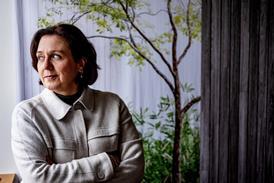The triumph made headlines in mid-2022: Leiden researchers had successfully used gene therapy to treat a newborn suffering from a congenital immune disease. The baby was born without a functional immune system, due to a defect in a gene needed for T-cell formation.
The Leiden researchers had planted a healthy version of the gene in the baby’s bone marrow stem cells, and then returned those cells to the baby. In the meantime, they had eliminated the defective bone marrow stem cells with chemotherapy. The ‘repaired’ cells settled in the bone marrow, where they produced healthy immune cells.
‘The unique thing is: one treatment cures the patient for life’, says Frank Staal, professor of molecular stem cell biology at Leiden University, who led the research. ‘I have no doubt that we can also cure other hereditary conditions, such as blood and metabolic diseases.’
Expectations surrounding gene therapy have been high for decades. But a broad clinical application is still lacking. ‘There are serious bottlenecks’, says Staal, ‘including increasingly strict regulations. And conducting large clinical trials is difficult due to the rareness of these diseases.’ Staal is hopeful, however. The recent successes have breathed new life into the field. ‘We have submitted a grant proposal through the National Science Agenda, with a large number of partners, to make this therapy available to more patients.’
Ideally, Staal would like to combine gene therapy with regenerative medicine, allowing patients to receive their own, healthy new organ. ‘A spectacular option, which is now really coming within reach’, he says. ‘Not in the short term, though. This calls for a very thorough scientific basis.’
















Nog geen opmerkingen